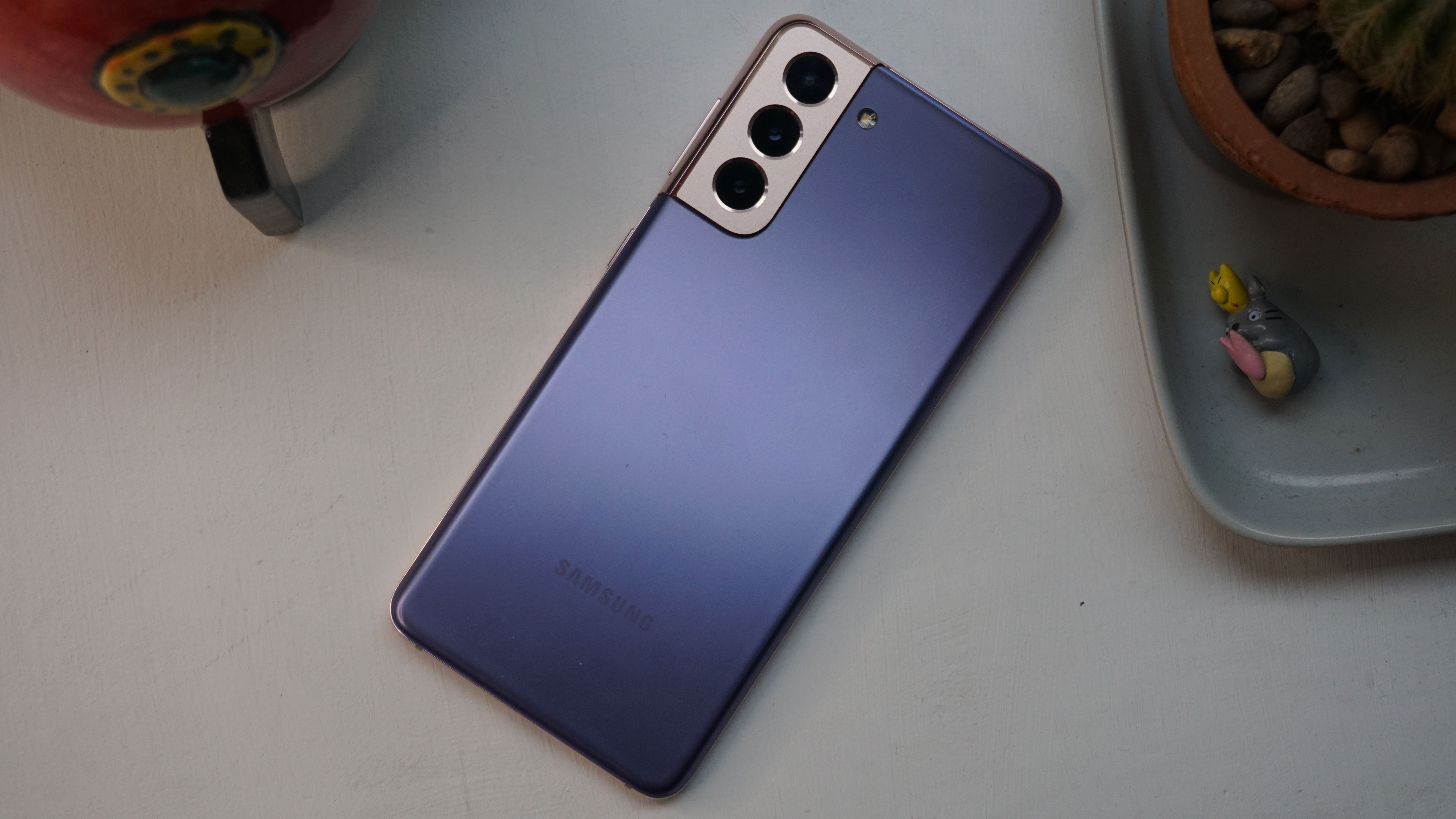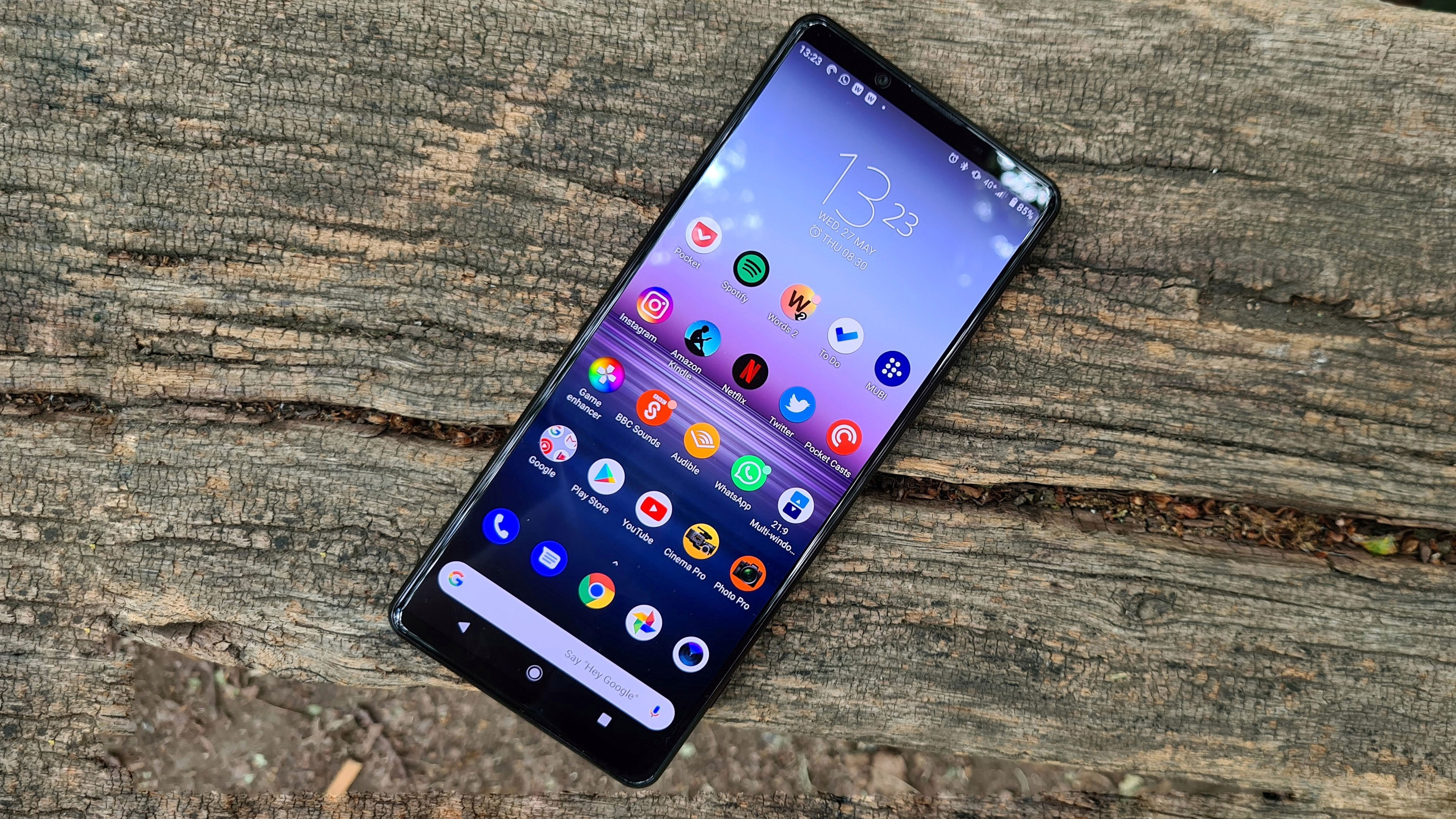It's no secret that Sony phones don't sell too well anymore - the company reported selling only a million mobiles in the financial quarter ending 31 December 2020, which is down 22% from the previous year. While sales figures for the whole year aren't in yet, that paints a sour picture of phone sales for the Japanese tech company that reportedly sold 100 million phones in 2007.
So why aren't people buying Sony phones anymore? The burgeoning abundance of phone brands doesn't help, with myriad Chinese companies taking bigger and bigger bites of the market pie, but another big issue is the price.
In our reviews of the Sony Xperia 1 and Xperia 5, the brand's top-end and mid-range entries respectively for 2019, we called out the high costs of each phone; for our Xperia 1 II and Xperia 5 II reviews, we went so far as to list the high prices in the 'cons' list of the reviews, signifying the high price was a major issue for the smartphones.
While Sony phones can be great, with powerful processors and good-looking screens, smartphone fans are always after value for money, something you're not necessarily getting if you're shelling out huge amounts for a device. That's something Samsung realized, and it's something Sony needs to figure out too for its upcoming Xperia 1 III.
Samsung Galaxy S21 sales are in

When you compare the Samsung Galaxy S20 and Galaxy S21 on paper, you realize the company's newest flagship for 2021 doesn't offer many upgrades on its 2020 predecessor. The big change for the newer device was a lower asking price, and that seems to have made all the difference.
Speaking to the Korea Herald, Samsung reports that its Galaxy S21 sales are up 30% year-on-year in South Korea - the company was specifically talking about sales in the phone's first two weeks of existence, suggesting there is a lot more initial excitement for the newer, more affordable devices.
Furthermore, a statement from Samsung UK confirms the S21's sales have also beaten those of the Samsung Galaxy S10 from 2019, at least in the UK. Over half the series' pre-orders were for the Galaxy S21 Ultra, but that too is cheaper than its predecessor.
So, Samsung's new, more affordable smartphone sells better than its predecessors, despite not bringing many changes? It seems hard to deny, then, that the lower price is directly responsible for these improved sales.
What Sony can learn

Samsung's success with selling lower-cost smartphones should send a message to all phone makers, but particularly to Sony, which is seemingly struggling with phone sales at the moment.
Hypothetically, if Sony's focus for the Xperia 1 III wasn't in making a movie-watching and game-playing powerhouse, as it seems the brand's focus was for the previous Xperia devices, but instead on making a similar phone to the Xperia 1 II but at a lower cost, it could win customers over.
There may be reasons the company has shied away from such a move in the past - Sony products in many categories tend to be high-priced ones, with its Alpha A1 camera, PlayStation 5 games console and WH-1000XM4 headphones all costing top dollar. However, there's no point in the company single-mindedly putting out top-price products if no-one's going to buy them, no matter how premium the resultant phone.
Lots of the older smartphone brands are giving up the ghost - reports suggest LG will stop making smartphones, HTC pumps out about one phone a year, Blackberry has been gone so long it's primed for a nostalgic revival, and even Nokia, though still putting out devices (albeit through HMD Global), has become rather spotlight-shy.
Sony needs to make some changes to ensure it doesn't go the same way as its contemporaries, and while putting out more affordable smartphones wouldn't totally save it, it would be a good first step.
from TechRadar - All the latest technology news https://ift.tt/2Zid7BE
